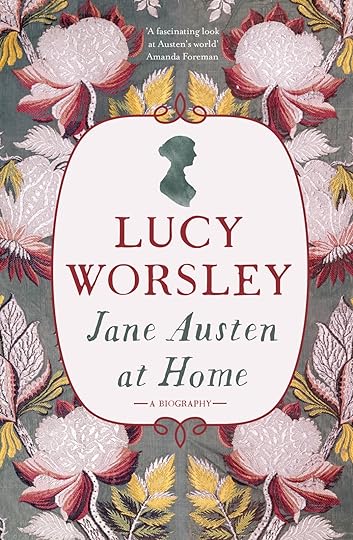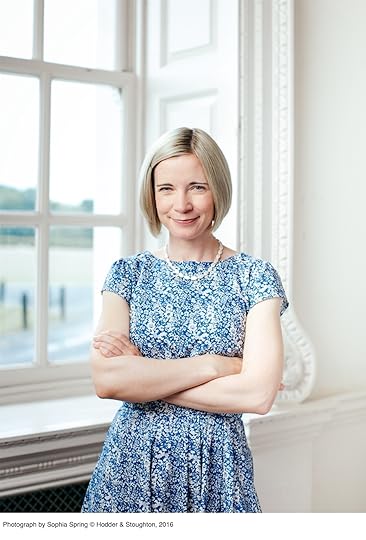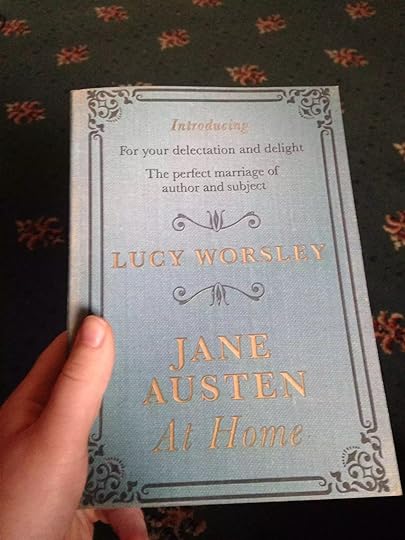What do you think?
Rate this book


387 pages, Hardcover
First published May 18, 2017
“While I’ll try to put Jane back into her social class and time, I must admit that I also write as a signed up ‘Janeite’, a devotee and worshipper. I too have searched for my own Jane, and naturally I have found her to be simply a far, far better version of myself: clever, kind, funny, but also angry at the restrictions of her life, someone tirelessly searching for ways to be free and creative. I know who I want Jane Austen to be, and I put my cards on the table. This is, unashamedly, the story of my Jane, every word of it written with love.”
“What a treat. And just up the road from the cottage, at Chawton Great House, lived one of Jane’s favourite girls in the whole family, Fanny Austen.”
“But if you follow me this far in the idea that Jane was undermining the very moment where you’d expect marriage to be most praised, there could be an explanation. Remember that ‘double-voiced’ nature of Jane’s letters? The same applies to her novels. At first reading, these are stories about love and marriage and the conventional heterosexual happily-ever-after. Only at the second does a sneaky doubt perhaps creep in to suggest that maybe marriage is not the best thing that could ever happen to these women.”
“It has been suggested that with these clever layers of meaning, Jane was perhaps even more subversive than we give her credit for.”
“While Jane did not forget Lyme, the town did not forget her, either. You can still eat at Jane’s Cafe, walk in Jane Austen’s Garden, and buy souvenirs in the Persuasion gift shop today.”
“I like to think that this last, insubstantial image of Jane running through the Hampshire grass in fact shows her running away from all the eager hungry biographers keen to get their teeth into her.”


